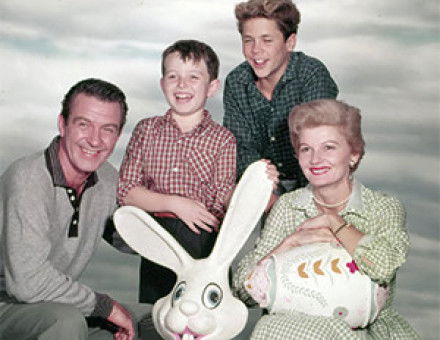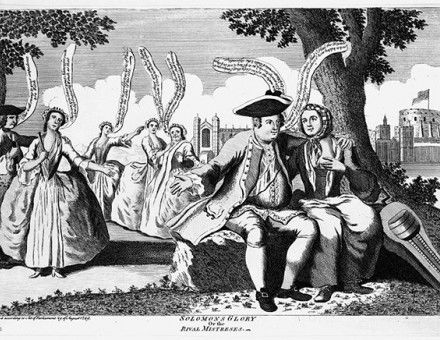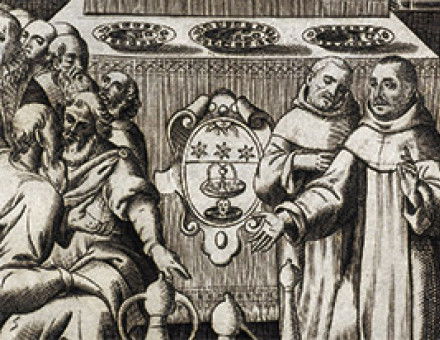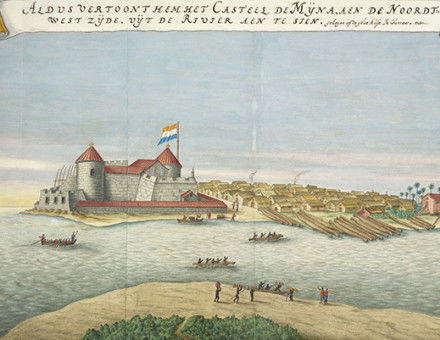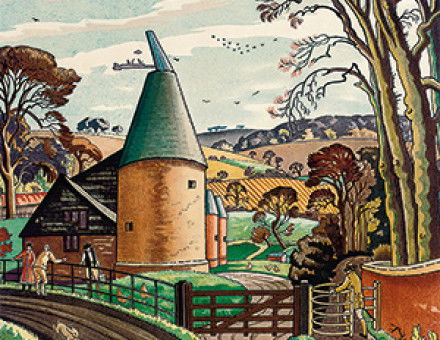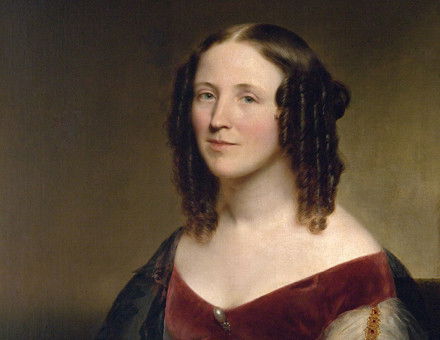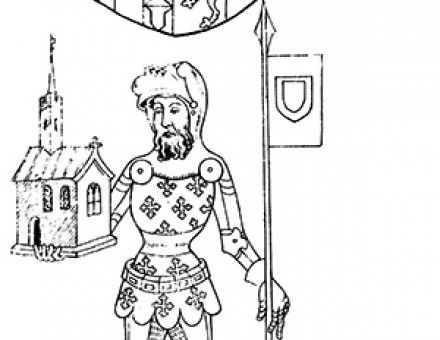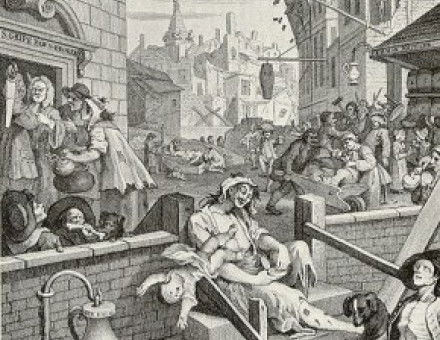The Changing Face of the American Family
Since the 1980s the American family has evolved towards greater diversity and complexity. Yet, paradoxically, it is the essentially conservative nuclear family forged in the 1950s that continues to hold sway as a touchstone in US politics and culture, says Tim Stanley.


